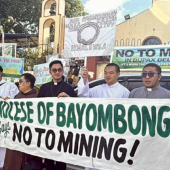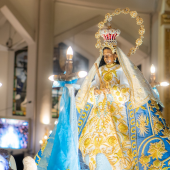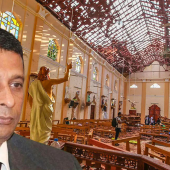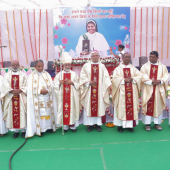Philippine Religious Superiors denounce mining in Nueva Vizcaya, stand with indigenous communities
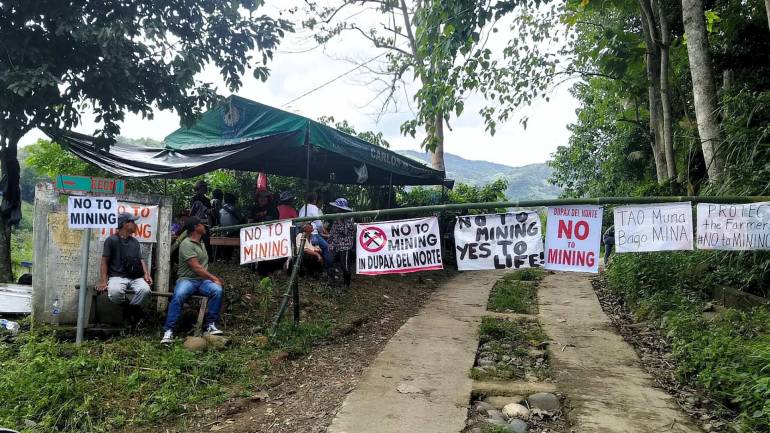
The Conference of Major Superiors in the Philippines, Justice, Peace and Integrity of Creation Commission (CMSP-JPICC) has issued a strong statement opposing mining activities in Dupax del Norte, Nueva Vizcaya, in the Cagayan Valley Region, warning that the operations endanger ancestral lands, watersheds, and the rights of Indigenous communities.
Issued on October 19, the CMSP-JPICC cited the Church’s social teaching that “the goods of the earth are meant for all” and asserted that any project that “endangers communities, disregards consultation, or undermines the covenant between people and creation” lacks moral legitimacy.
The commission emphasized that in a watershed province like Nueva Vizcaya, mining could cause irreversible ecological damage, food insecurity, and cultural loss if Indigenous rights, especially Free, Prior, and Informed Consent (FPIC), are not fully respected.
Fr. Angel Cortez, OFM, Co-Executive Secretary of the CMSP and National Coordinator of the CMSP-JPICC, told RVA News on October 20 that their stance is “grounded in direct experience, not detached advocacy.”
“Our position did not arise merely from policy discussion but from encounter and accompaniment,” he said. “We saw that what is at stake is not only land, but life, dignity, and identity.”
He explained that the conference felt compelled to speak out because the voices of Indigenous peoples were being sidelined in decisions that profoundly affect their future.
“Silence in the face of an unjust situation would amount to complicity,” Fr. Cortez said. “Our stand is an act of solidarity rooted in Gospel discipleship, not political alignment.”
Based on pastoral visits, Cortez shared that Indigenous elders, farmers, and families expressed deep fears of losing their identity, resources, and sacred places.
Among the voices they heard: “We are afraid to lose our land, because if the land dies, we die with it.”
They also expressed concerns over water, food security, and sacred sites, and frustration at being “consulted but not genuinely heard.”
One statement, he said, stood out: “We are not anti-development. We simply want a future where our children still have land, water, and dignity.”
On October 14, the Regional Trial Court ruled in favor of Woggle Corporation, extending a Temporary Restraining Order (TRO) that prevents residents and their representatives from blocking access to its 3,101-hectare exploration site. The court said the company holds a valid government permit.
Fr. Cortez said the issue goes beyond legality, describing it as “spiritual, cultural, and existential.”
“Their cry is a cry for protection, respect, and justice,” he said.
(Oliver Samson is a freelance writer based in the Philippines. He contributes regularly to reputed Catholic magazines and platforms both in the country and abroad.)
Radio Veritas Asia (RVA), a media platform of the Catholic Church, aims to share Christ. RVA started in 1969 as a continental Catholic radio station to serve Asian countries in their respective local language, thus earning the tag “the Voice of Asian Christianity.” Responding to the emerging context, RVA embraced media platforms to connect with the global Asian audience via its 21 language websites and various social media platforms.









